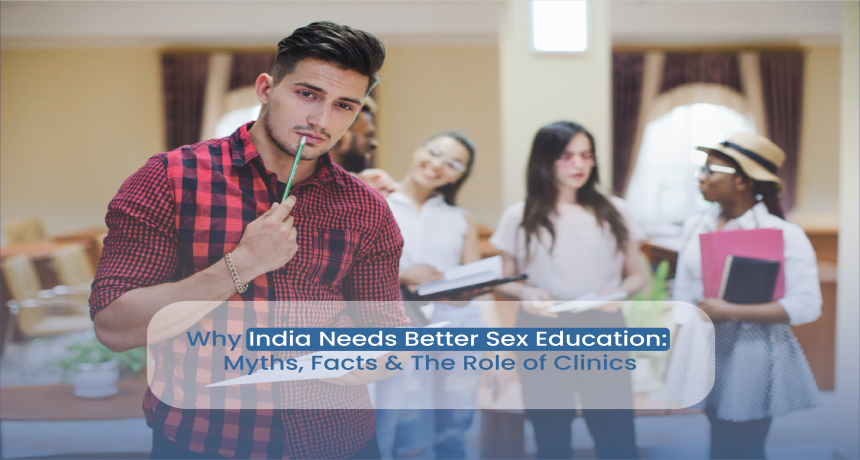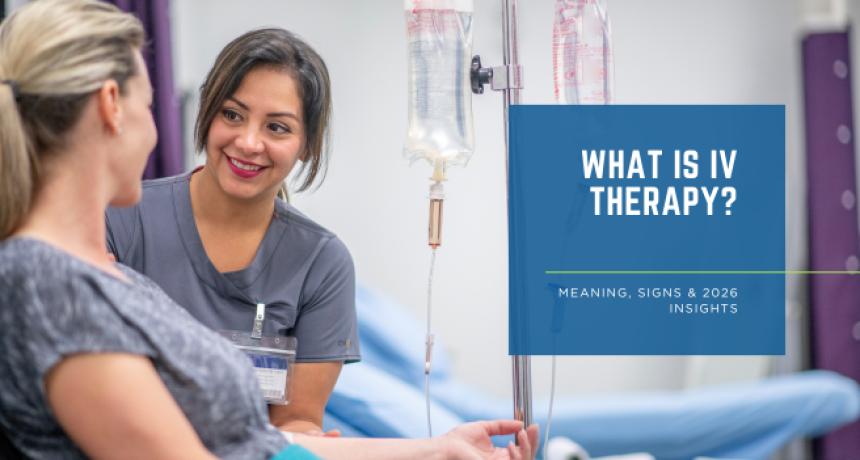Why India Needs Better Sex Education: Myths, Facts & The Role of Clinics
2025-07-23 In a country with over 600 million people under the age of 25, the lack of comprehensive sex education in India is not just a gap—it’s a crisis. Despite rising rates of STDs, unplanned pregnancies, and sexual violence, sex is still treated as a taboo topic in most homes, schools, and even healthcare conversations. Young Indians are left to navigate misinformation from unreliable internet sources, peer myths, or silence from parents and educators. The result? A generation growing up confused, misinformed, and vulnerable. This blog explores why India urgently needs better sex education, dispels harmful myths, shares scientific truths, and highlights the pivotal role sexual health clinics like L&B Clinics in Delhi can play in creating a safer, healthier society. Let’s be honest—“sex education” in most Indian schools, if offered at all, is reduced to a single biology chapter or an awkward 30-minute lecture on reproduction. Comprehensive sex education, which includes consent, pleasure, LGBTQ+ topics, STI prevention, emotional health, and safe practices, is virtually non-existent. India introduced the Adolescent Education Programme (AEP) in 2005, which was met with resistance from several state governments and parents. It was criticized for being “against Indian culture” and was even banned in states like Maharashtra and Madhya Pradesh. In reality, this resistance has cost us dearly. According to a 2019 study by the National AIDS Control Organisation (NACO): Only 45% of adolescents could correctly identify methods of preventing HIV. Less than 30% had accurate knowledge about STDs. Nearly 50% believed common myths like “you can get HIV from hugging.” Clearly, the system is failing the people it was meant to educate. A 2012 UNESCO global review found that comprehensive sex education leads to delayed sexual initiation, reduced number of partners, and higher condom use. Studies from the Guttmacher Institute show that teens who receive formal sex education are 50% less likely to experience unintended pregnancies. Countries like the Netherlands and Sweden, where sex education begins at age 5, have some of the lowest teen pregnancy and STD rates in the world. Cultural resistance is not rooted in science—it’s rooted in fear, misinformation, and centuries of silence. But Indian heritage wasn’t always this way. Ancient texts like the Kamasutra emphasized informed, respectful, and mindful intimacy. Our modern discomfort with sexual topics is a more recent societal construct—not a reflection of India’s deeper history. Let’s address some of the most damaging myths still circulating in classrooms, households, and social media: ✅ Fact: Pregnancy can occur anytime there’s unprotected vaginal sex, regardless of whether it's the first time. ✅ Fact: Modern condoms are 98% effective with perfect use and have evolved for comfort and sensation. When used correctly, they protect against both STIs and pregnancy. ✅ Fact: STDs can affect anyone—regardless of marital status, orientation, or number of partners. Shame and stigma only delay diagnosis and treatment. ✅ Fact: Research repeatedly shows that education delays sexual activity and promotes safer behaviors. Silence only creates curiosity without guidance. Sex education isn’t just about knowing how babies are made. It’s about prevention, safety, autonomy, and empowerment. According to NACO, India had over 2 million people living with HIV in 2021. Most new infections were reported among 15–29 year-olds. Proper education can: Teach correct condom usage Dispel myths around transmission Encourage early testing and reduce stigma India still reports over 15 million unintended pregnancies every year, many due to lack of contraception awareness or access. Sex education: Informs women of their reproductive choices Empowers men to take shared responsibility Reduces unsafe abortions Sex education teaches children: The difference between safe and unsafe touch How to say “no” Whom to report to if they feel unsafe A well-designed sex education program must go beyond anatomy. It should address: Consent and boundaries Gender identity and respect Healthy relationships and emotional intelligence STD prevention and testing Contraceptive methods and safety Body image and self-esteem Menstrual hygiene and reproductive rights At L&B Clinics, these topics are addressed with empathy, evidence, and expert guidance—something sorely missing from most school curriculums. While schools and homes remain hesitant, sexual health clinics have a crucial role in providing the safe space and accurate information people need. At L&B Clinics in Delhi, our team is committed to: Whether it’s a young woman confused about birth control or a man worried about symptoms, we offer non-judgmental, one-on-one care. We counsel individuals and couples on contraceptive choices, STI protection, and safe sex practices tailored to lifestyle and health history. From HIV to chlamydia to HPV screening, early detection can prevent long-term complications. We maintain privacy, safety, and emotional support throughout. Our team offers workshops, digital content, and one-on-one sessions to teach the basics of sexual health—something schools and families often neglect. Megha, 24, came to L&B after experiencing recurring UTIs. “I had no idea it was connected to sex. No one ever talked about that growing up. At L&B, I finally understood what was happening with my body—and how to prevent it without shame.” Raj, 19, wanted to ask about condoms but didn’t know whom to trust. “All my friends think it’s embarrassing to buy condoms. But when I went to the clinic, they explained everything like it was normal. I wish we had these conversations in college too.” 🔹 Schools must adopt comprehensive sex education—not just reproductive biology. 🔹 Parents need resources to have age-appropriate conversations with their children. 🔹 Healthcare systems must treat sexual health like any other wellness issue. 🔹 Young people deserve access to clinics, helplines, and digital tools that inform without judgment. And as a society, we must stop equating silence with protection. Silence breeds ignorance—and ignorance costs lives. Sex education in India isn’t just about teaching young people how to avoid pregnancy. It’s about helping them understand their bodies, protect themselves from harm, and build relationships based on respect and mutual consent. When young people are equipped with accurate, non-judgmental information, they make safer, smarter choices. And when clinics like L&B step in to fill the education gap, we create a healthier, more empowered generation. It’s time we move past the embarrassment—and towards evidence, empathy, and empowerment. If you’re confused about contraception, worried about symptoms, or simply need a non-judgmental expert to talk to, our team is here to help. As one of the most trusted Sexual Health Clinics in Delhi, we offer: Confidential STD testing Safe sex counseling Birth control education Wellness plans for individuals and couples Workshops for schools, colleges, and workplaces Let’s break the silence—one honest conversation at a time. National AIDS Control Organisation (NACO) – HIV/AIDS Stats India UNESCO (2012) – Review on Global Sex Education Outcomes Guttmacher Institute – Comprehensive Sex Education Benefits Journal of Adolescent Health – Impact of Sex Ed on Teen Pregnancy Archives of Pediatrics & Adolescent Medicine – Myths About Sex Ed and Behavior International Journal of Sexual Health – Knowledge Gaps in Indian YouthWhy We Can’t Afford to Stay Silent
The Current State of Sex Education in India
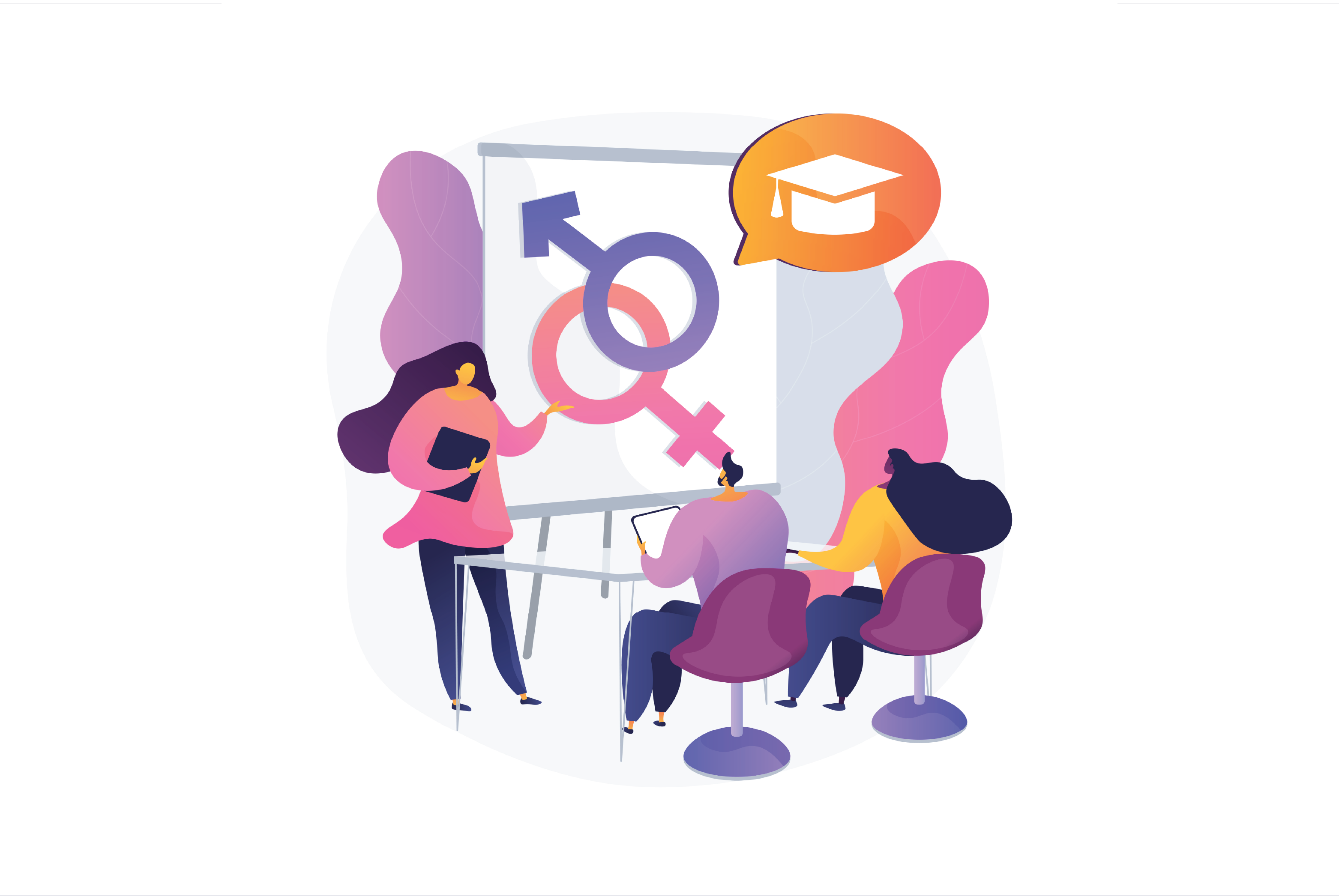
Government Initiatives: A Mixed History
Why Sex Education Is Not “Against Indian Culture”
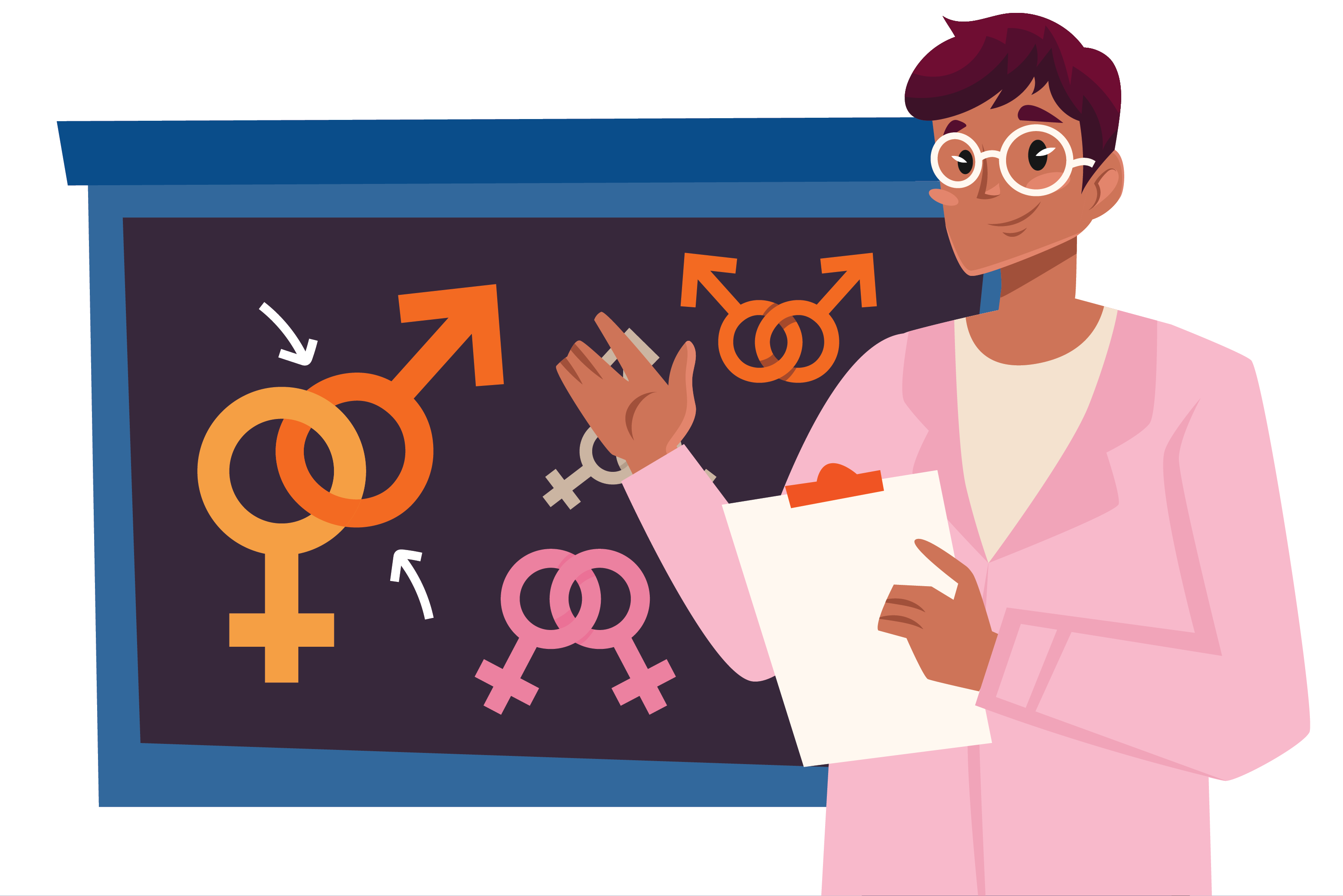 One of the most pervasive myths is that sex education corrupts youth or promotes promiscuity. But research shows the opposite.
One of the most pervasive myths is that sex education corrupts youth or promotes promiscuity. But research shows the opposite.What the Data Says:
Myths vs. Facts: What Indians Get Wrong About Sex
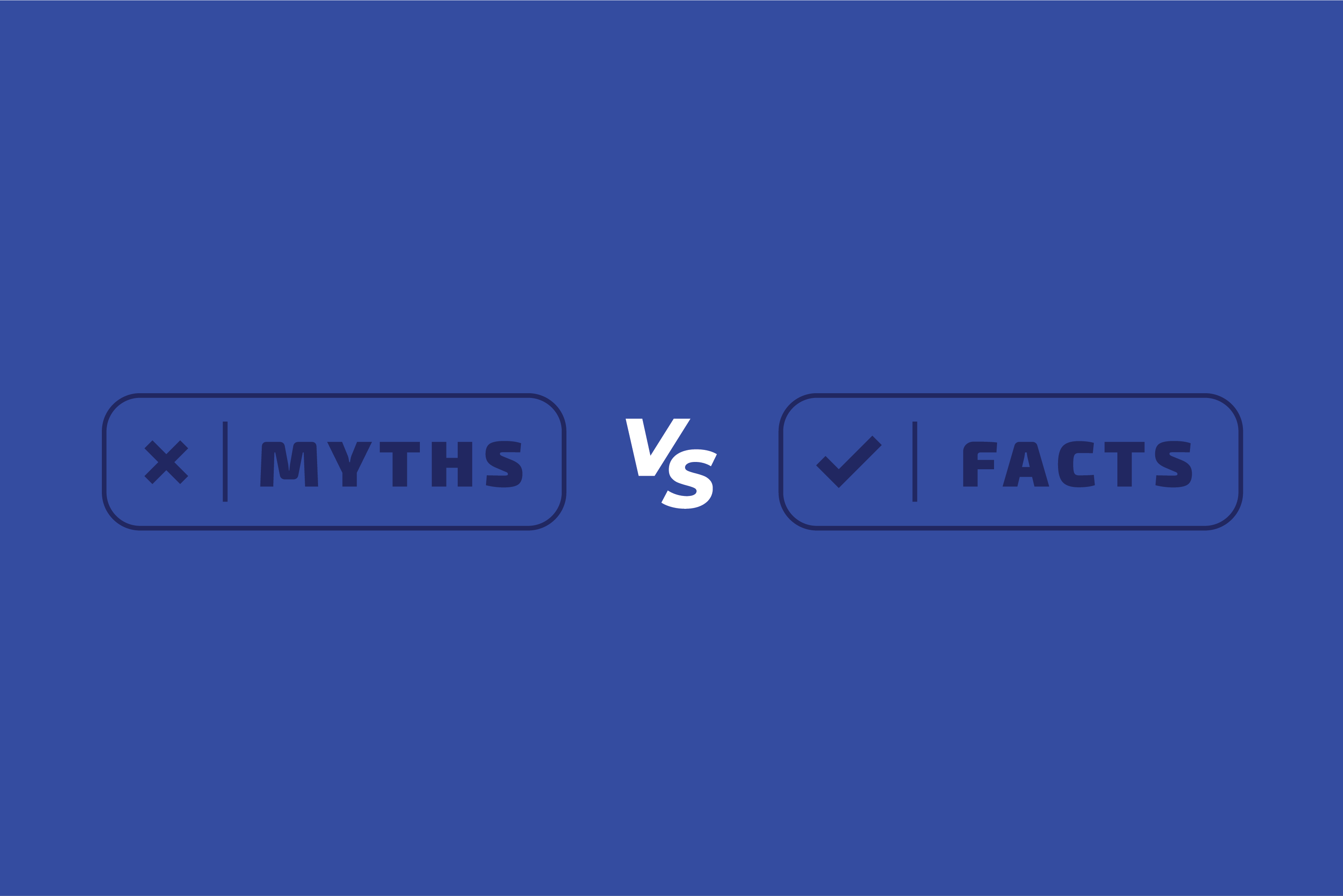
❌ Myth 1: “You can’t get pregnant the first time.”
❌ Myth 2: “Condoms are unsafe and ruin pleasure.”
❌ Myth 3: “Only ‘bad’ people get STDs.”
❌ Myth 4: “Talking about sex will encourage kids to have it.”
The Role of Sex Education in Preventing Major Health Risks
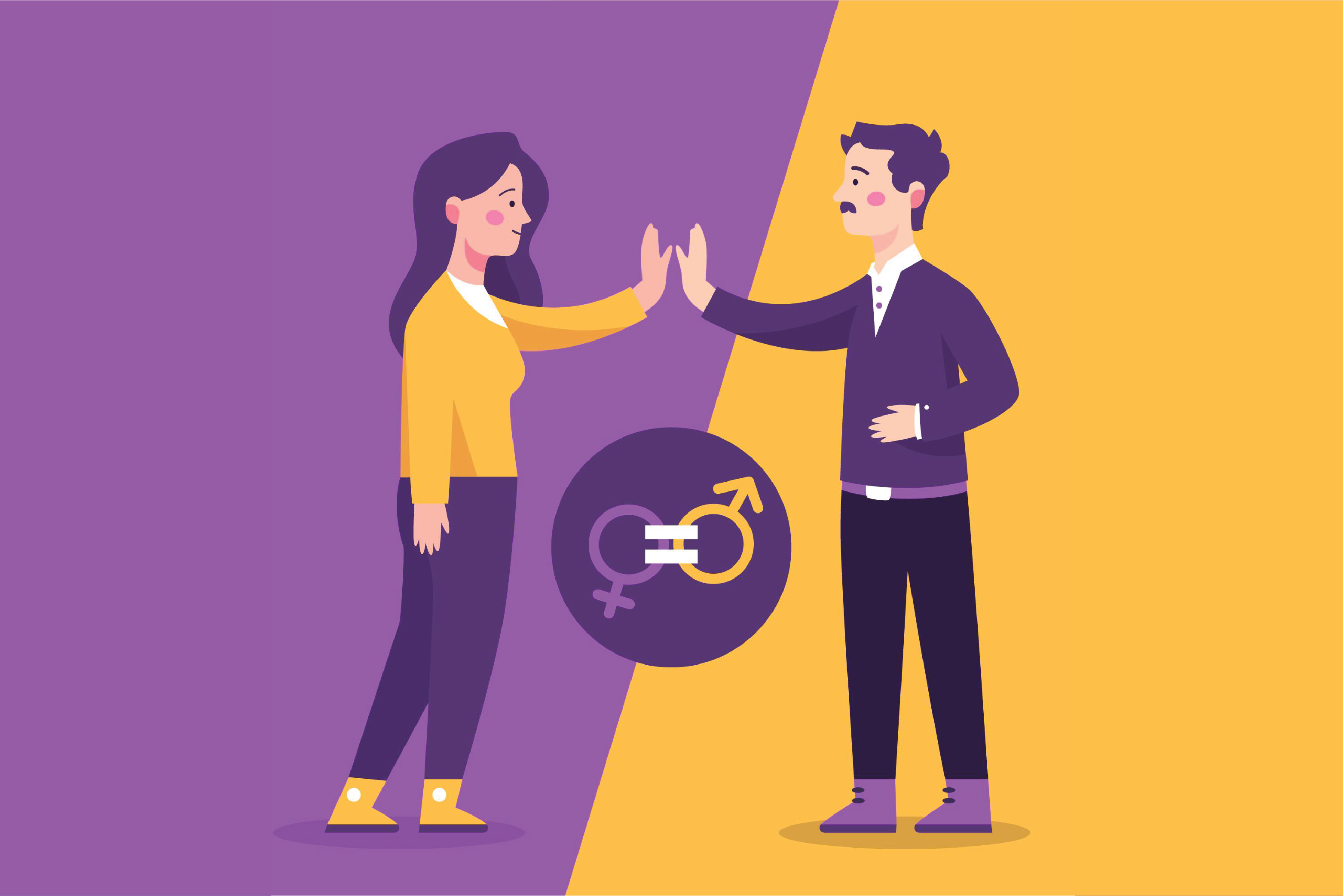
1. Reducing STDs and HIV
2. Preventing Unwanted Pregnancies
3. Preventing Child Sexual Abuse
What Comprehensive Sex Education Should Actually Include

The Role of Sexual Health Clinics Like L&B
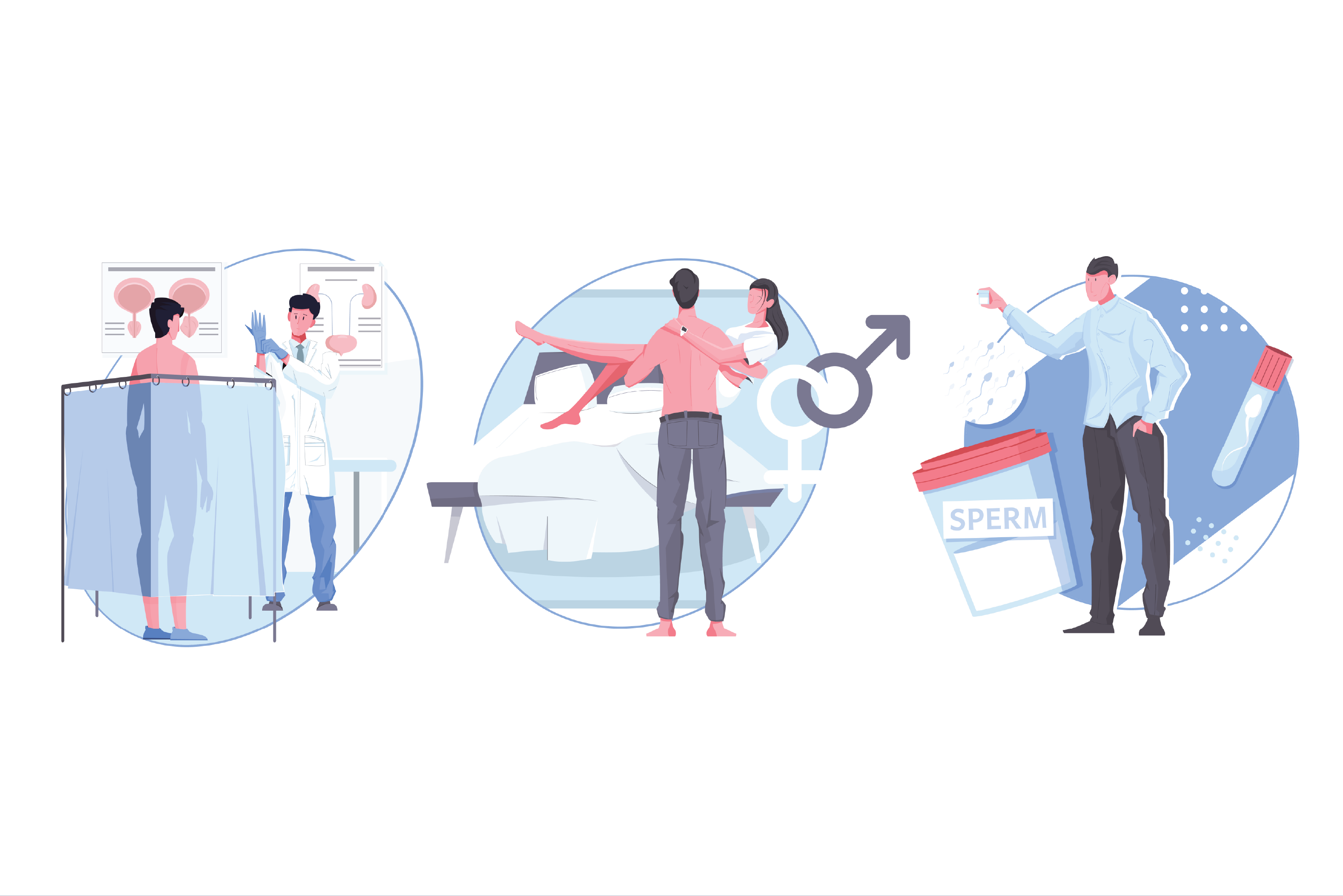
1. Providing Confidential Consultations
2. Offering Safe Sex Guidance & Products
3. Conducting STD Testing & Treatment
4. Empowering Through Education
Real People. Real Needs.
What Needs to Change—And How You Can Help
Final Thoughts: Knowledge Is Not Shameful. It’s Power.
Visit L&B Clinics: Your Safe Space for Sexual Wellness
References
.png)
